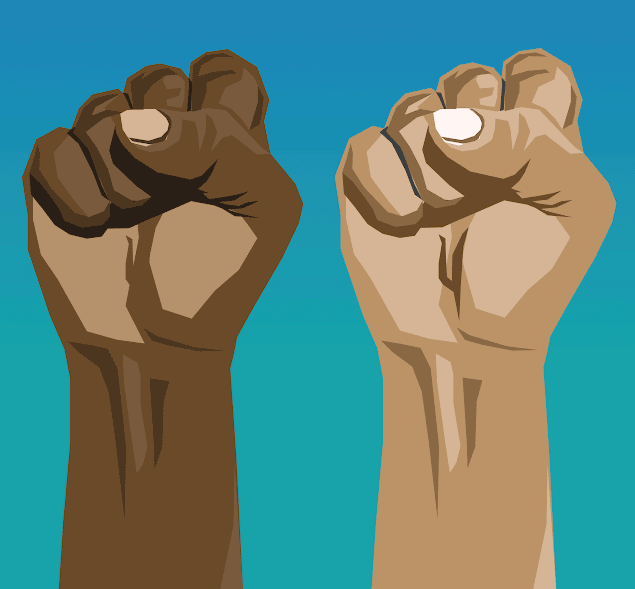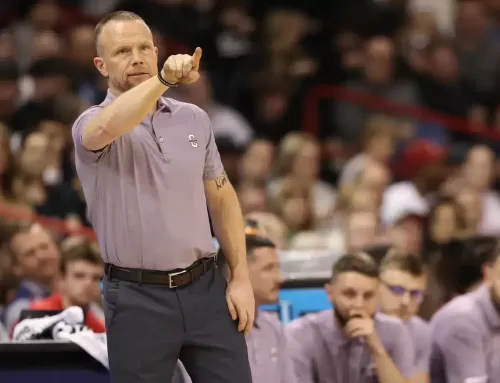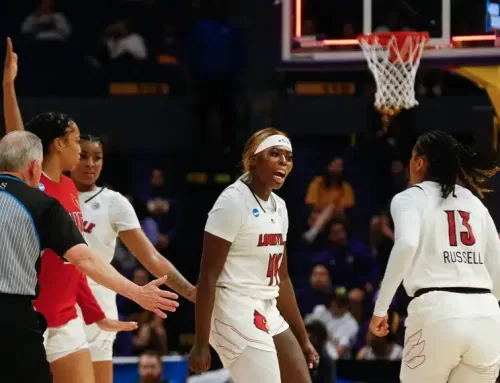By Madelin Shelton —
In response to recent protests surrounding racial injustice, the University of Louisville’s College of Arts & Sciences hosted a forum titled “We Can’t Wait: Student Empowerment Through Activism” featuring MLK Scholars Arii Lynton-Smith, Nicole Sparling and David Echeverria.
The forum, which took place Sept. 8, focused on the social activism of the featured MLK scholars, ways members of the U of L community can engage themselves in activism, and how the university can improve in making U of L a truly equitable place for black and brown students.
Dr. Cherie Dawson-Edwards, the newly appointed Associate Dean for Diversity, Equity and Inclusion, moderated the panel and provided questions to facilitate the discussion.
When asked what student activism entailed, all three panelists agreed that it was crucial to think beyond the relatively small U of L community. “As an organizer, I’m working towards global liberation,” Echeverria said.
While keeping the global worldview in mind is necessary, the panelists also agreed that student activism includes investing in your community, whether that be through financial resources, or donating one’s time and energy.
The panelists gave consistent criticisms of the university on how it should move forward in support of Black Lives Matter and empowering student activists. Among those criticisms were that the university doesn’t simply need to put forth an “anti-racist” agenda for face value.
“What people are asking for is an overhaul of a system that exists, not for a system that is working to continue but in different ways,” Lynton-Smith said.
Sparling said that, “[BIPOC] weren’t expected to be in higher education spaces and now that we are in these spaces, there are issues.”
“What the university should do is completely rework the system,” she said.
Echeverria also added that the university should not just look to SGA for student input, as students’ voices aren’t always accurately represented. In addition, the panelists advised increasing the number of student representatives on important university advisory bodies relating to inclusion and equity.
At the end of the panel, the panelists gave a call to action for attendees to educate themselves about issues concerning racial history and modern racial injustices, and to engage in critical thinking about the world around them.
File Photo // The Louisville Cardinal





